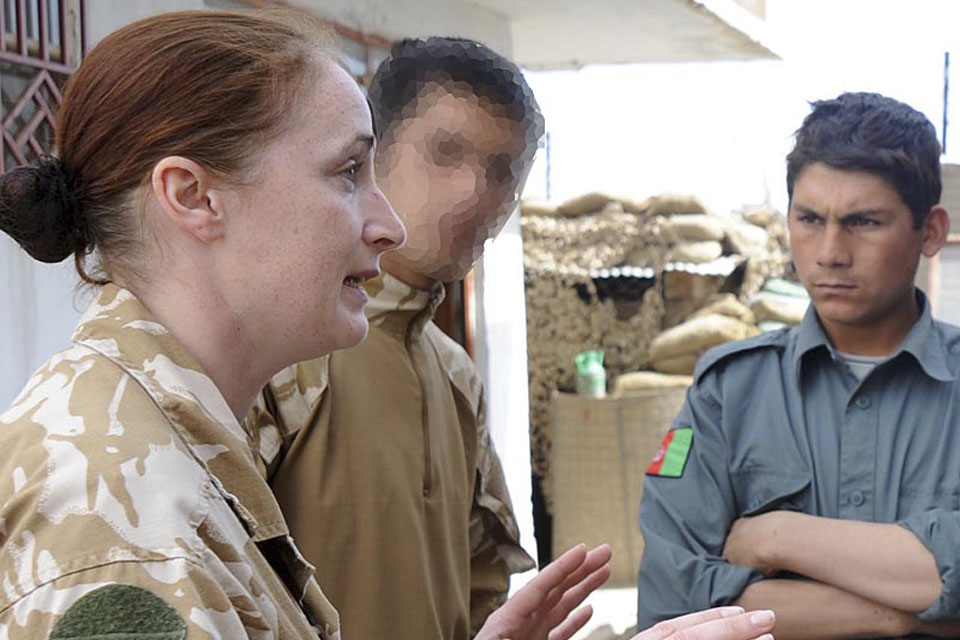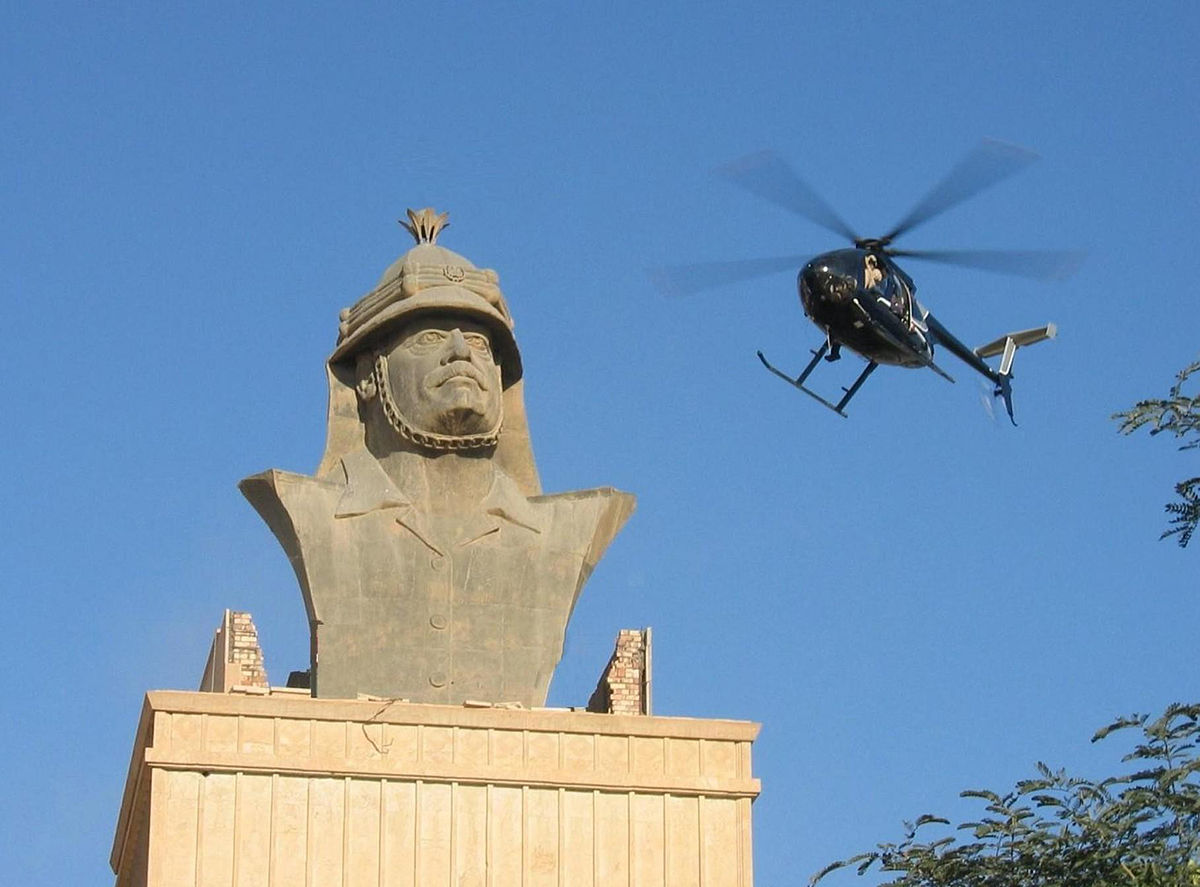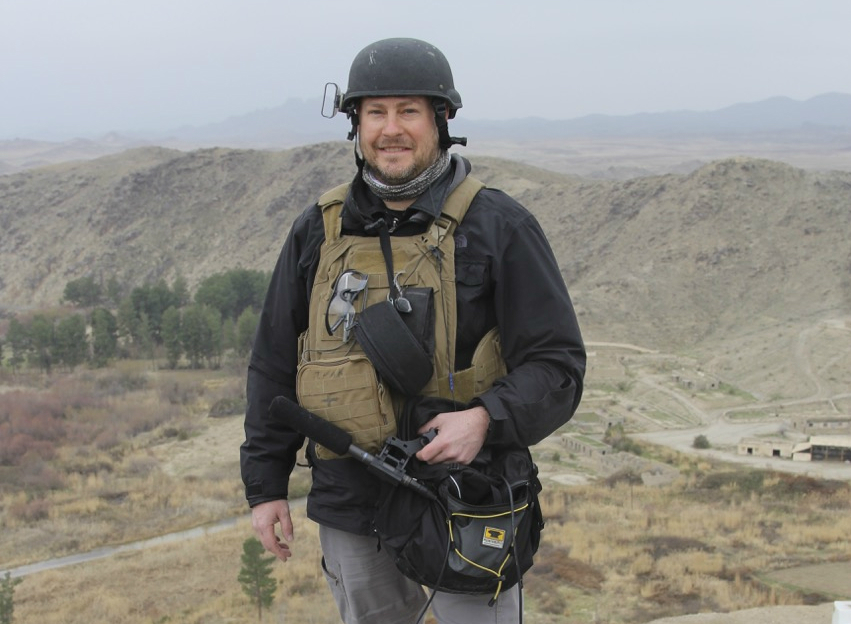By Alex Calvo:

The fate of the almost 3,000 interpreters who worked with the British forces in Afghanistan’s Helmand Province has recently been highlighted in the media, prompting a debate about whether they should be allowed to settle in Great Britain. The interpreters fear reprisals and some have already suffered violence or even death in their native country.
The issue illustrates two key aspects of the long Afghan campaign. First, the confusion concerning its ultimate nature: whether it was a punitive intervention against a regime which had protected those responsible for the 9/11 attacks, or an exercise in counterinsurgency (that is, nation-building under fire). Second, is the lack of a political settlement in Afghanistan laying down the foundations for future peace and stability?
Afghanistan began as a light footprint expeditionary campaign designed to overthrow the Taliban regime for providing a base to Al Qaeda, and ideally capture the latter’s leader, once the ultimatum to hand him over had expired. The former goal was quickly achieved through a combination of local actors (Northern Alliance, previously pushed into a few pockets in Northern Afghanistan by the Taliban), Special Forces, air power, and ELINT (Electronic Intelligence). However, rather than disappear, the Taliban went underground, and to some extent across the border to their Pakistani sanctuaries. Meanwhile, Bin Laden remained in hiding.
In a short period of time a friendly regime had been installed in Kabul. This may well have been the end of the story - mission accomplished - with just the necessary measure of financial, military, and diplomatic support in place for the new government to survive and prevent the return of any international terrorist network.
However, soon more ambitious plans were in place, with Afghanistan designed to become a modern nation state, a democracy, and a developed country, and a large number of Western troops arriving to support the work of official development agencies and NGOs, while waging what would soon become an intense counterinsurgency campaign. None of these goals is negative in and of itself; after all, who is against elections, road-building, or female education?
Yet as the country’s history teaches us, no one has ever managed effective control over the whole of Afghanistan, and attempts to modernise from the centre have always met a violent response from her myriad valleys.
The transition from punitive expedition to nation-building under fire took place without a proper public debate, and enthusiasm to see Afghanistan become the Switzerland of Central Asia gradually gave way to impatience, as progress was slower and the cost in blood and treasure mounted. Finally, emphasis switched to training, mentoring, and equipping the Afghan National Army (ANA) and policy, in a bid to pave the way for a quick withdrawal not followed by an immediate collapse and return of the Taliban to power.
With regard to the fate of Afghan translators, this is important because if the intervention had merely been designed to punish a regime that had granted shelter to international terrorists, preventing their return, then it would have made sense to grant refugee status to those Afghans who would otherwise be risking their lives and those of their relatives by staying behind once British and allied troops had left.
Despite there not necessarily being an international legal obligation, and setting aside moral duties, loyalty to auxiliaries may facilitate recruitment in future operations. On the other hand, if the purpose of the campaign was to provide the foundations for the emergence of a modern, developed, Afghan nation-state, depriving the country of 3000 of her best-prepared citizens would be damaging for the nascent nation. In addition to other skills, either pre-existing or gained though work with the British military, their command of English may be useful as Afghanistan moves forward in areas like foreign trade and tourism.
Already during the nation-building stage of the international intervention, there were discussions that the heavy presence of NGOs and government agencies were attracting the most qualified strata of the workforce with their higher salaries. This was apparently prompting a crowding-out effect in the labour market that saw, for example, a significant number of teachers choose to become drivers or interpreters instead of continuing their teaching.
The controversy over the interpreters is also a reminder that despite years of combat, diplomacy, and development cooperation, Afghanistan remains politically divided, with a violent opposition bent on returning to power by force of arms, with the civilian population caught in the crossfire. The 2001 Bonn Conference, where the blueprint for the modern Afghan state was approved excluded the defeated parties, Versailles-style, and despite later proposals and initiatives designed to achieve national reconciliation, such a goal has not been achieved. In the words of former British Ambassador Sherard Cowper-Coles, “the Bonn settlement that had followed (the US invasion) had been a victors’ peace, from which the vanquished (the Taliban) had been excluded.”
One of the aspects of any such settlement would be a guarantee on the life and property of Afghans who have worked for, or in any way cooperated, with international forces and institution. While a lasting settlement should lead to safety and security for the whole of the population, an explicit commitment by the Taliban not to take reprisals against their fellow Afghans who had worked for international forces would underscore that this was no mere ceasefire but rather true reconciliation, without victors and defeated. Otherwise, as in the current scenario, it is only normal that those who worked with Her Majesty’s forces should fear for their future.
The challenge remains how to promote Afghanistan’s modernization without prompting a violent backlash by her more conservative citizens. While it is unlikely that the Taliban can be defeated militarily, progress in this area by international and Afghan government forces should be enough to ensure that the resulting settlement does not threaten progress in key areas like female education.
if the international intervention in Afghanistan was designed as a mere punitive expedition, then the Afghan interpreters should be allowed to settle in the United Kingdom. On the other hand, if the intervention was intended to be a successful exercise in counterinsurgency, resulting in a political settlement and an end to violence, it would only be logical for the translators to remain in Afghanistan, contributing to the country’s development. In COIN force is only a means to an end, the establishment of a reasonably legitimate and efficient government and a working economy bringing tangible benefits to the population.
Since the purpose of the intervention has changed with time, and a lasting settlement has not been reached, none of these two principles can be applied. Therefore, the best and most honourable solution is to grant the interpreters refugee status, in recognition of their contribution to the British presence in Afghanistan, while taking note that future interventions must be preceded by a proper public debate on their nature, keeping in mind that limited expeditions, punitive or otherwise, are very different from counterinsurgency campaigns - always long, complex, and costly.
Alex Calvo, a guest professor at Nagoya University (Japan), focuses on security and defence policy, international law, and military history, in the Indian-Pacific Ocean Region. His most recent work includes “China’s Air Defense Identification Zone: Concept, Issues at Stake and Regional Impact“, Naval War College Press Working Papers, No 1, US Naval War College, 23 December 2013. You can follow him on Twitter @Alex__Calvo.


